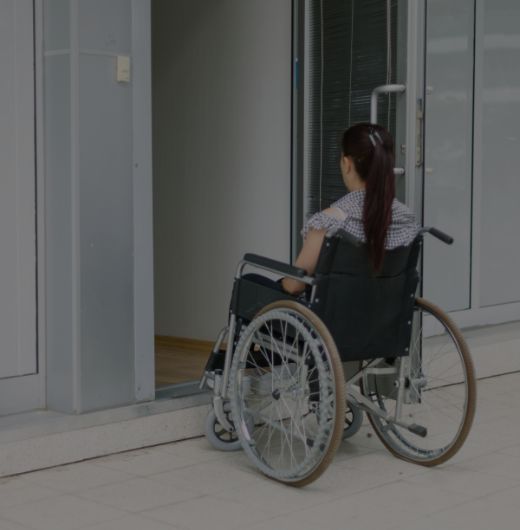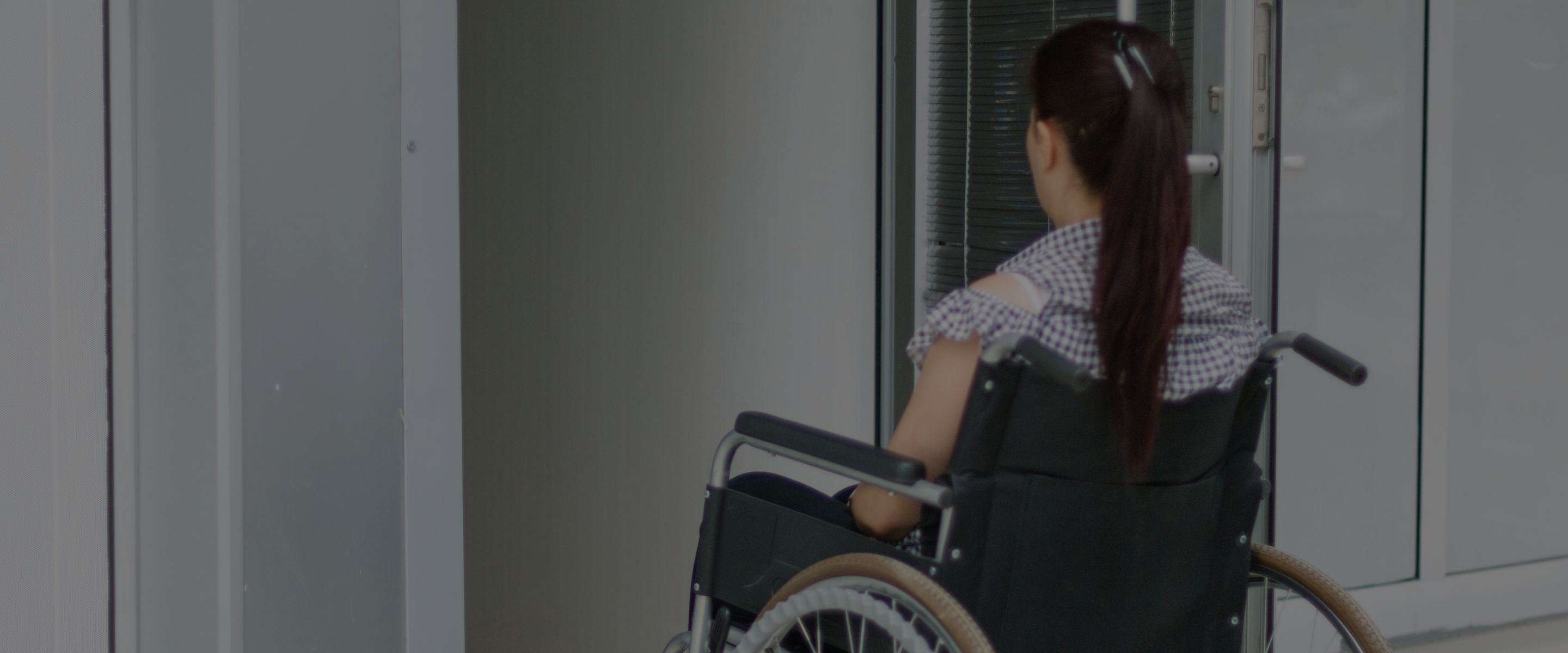There is no doubt that a Spinal Cord Injury (SCI) is a catastrophic injury with potentially devastating impacts, which include far-reaching physical, social and psychological consequences. The sudden onset of a spinal cord injury has shown that many accident victims will develop very severe negative emotions in response to becoming paraplegic or quadriplegic (tetraplegic). Many see their new life as a threat to both psychological and social integration. Experiencing a spinal cord injury poses massive challenges that require adaptation and resilience in order to simply…cope. It takes a mountain of mental strength to eventually discover new ways of doing things, not only physically, socially and vocationally, but also emotionally.
In my experience, each person is unique with his or her own individual personality & characteristics and how they cope with the sudden onset of such a terrible, and this needs to be appreciated during rehabilitation. Every victim is different – and everyone needs a different approach. Some spinal cord injury victims are strongly resilient and “ready to take on the day,” while others simply can’t deal mentally to adapt to their new frightening and confusing life. There is nothing predictable about the psychology of an SCI – about being paraplegic or tetraplegic.

TABLE OF CONTENTS
ToggleStruggling with a Spinal Cord Injury?

There is simply no way to predict how a person will psychologically adapt to their new life and now lack of privacy, loss of independence, sense of helplessness, their (assumed) separation from friends and social circles, the inability to control basic bodily functions and change in body image put a person through a grieving process, much like losing a loved one…and then worse.
Even more concerning is that a large number of victims who suffer spinal cord injuries also often suffer a brain injury because of the severity of the accident(s) that he or she was involved in. At times, personality and behavioural changes may no doubt involve mood swings, sadness, aggression, depression, agitation, organization and decision-making problems. Some victims may become more easily distressed than others. Mourning or grieving may also present with physical complaints, preoccupation with a former self-image and who they once were, feelings of guilt, feelings of anger/irritability and behavioural changes (eg. avoidance of social activity).
As critical injury lawyer, the most difficult thing I have seen in my career is the psychological adjustment from a newly paralyzed victim that also suffers a head injury. It is not an easy situation to deal with. Helping victims in this position not only requires a lawyer-client relationship (because it is my job to protect your future, financially) but it also require time, patience, and friendship.
Family Support Matters for a Successful Emotional Recovery
During the acute phase of an SCI, it is very important that the family help with both caregiving and emotional recovery. It is much, much better for a spinal cord injury victim in the long run. A new study out of Korea tells us that
- depression is highly prevalent in SCI patients and;
- that depression is even more prevalent during the first 3 months after an accident.
The study found that family caregiving, as opposed to hired attendant care, is associated with a lower risk of depression after SCI – at least initially. The study focused on the depression levels of 76 spinal cord injury victims in the first 3 months after a spinal cord injury. The victims were monitored during the acute phase and administered the Beck Depressive Inventory (BDI) test, which is a psychometric test for measuring the severity of a person’s depression. The end result was that family caregiving lowers the risk of depression.
There is no doubt that the role of caregivers after a spinal cord injury is critical to rehabilitation. Caregivers not only take care of the patient’s physical well-being but also provide emotional support – and for victims, that emotional and personal care support combined is very important for an accident victim to receive. When family members help and provide care, it lowers the risk of depression in the victim.
I highly recommend Matt Lalande as your lawyer. After a life-altering motorcycle accident left me, a single mother, unable to work, Matt and his team exceeded my expectations by settling my case in just 2.5 years, providing exceptional support and guidance throughout the process. – Heather Bond
Hamilton Spinal Cord Injury Lawyer Serving Ontario
If you or a loved one has a question about a spinal cord injury, please do not hesitate to contact us at 905-333-8888. We would be happy to sit and have a talk about your loved one’s best options. You can also fill out our contact form and we will get back to you within 3 business hours.
Article FAQ
Spinal cord injury victims often experience severe emotional responses, including grief, depression, anger, and feelings of helplessness. These emotional challenges require significant psychological support during rehabilitation.
Family caregiving during the acute phase of an SCI can lower the risk of depression and provide essential emotional support. Studies show that family members play a vital role in the victim’s mental and physical recovery.
Depression is highly prevalent in SCI victims, especially in the first three months. Depression can complicate physical recovery and affect long-term rehabilitation, making emotional support from family crucial during this period.
Offering consistent emotional and physical support, listening without judgment, and encouraging professional psychological care can help ease the emotional burden and promote a healthier recovery.
Yes, many SCI victims, especially those with concurrent brain injuries, experience mood swings, aggression, sadness, and irritability. These behavioral changes can make rehabilitation more challenging and require patience from both caregivers and healthcare providers.


